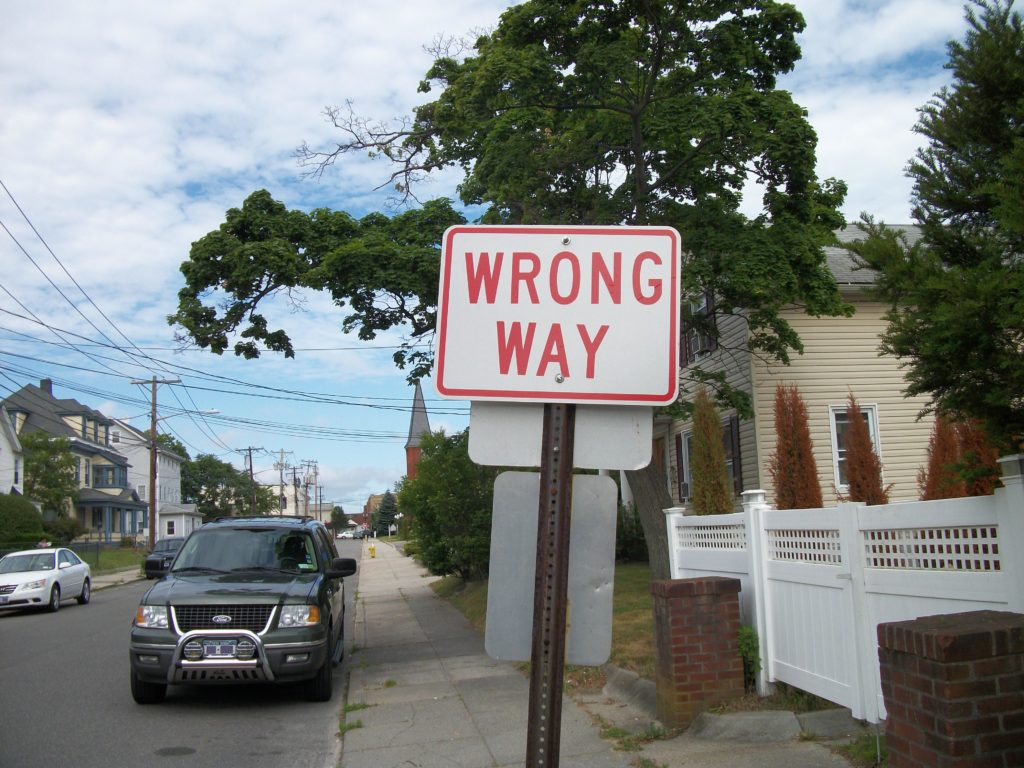
• The North Carolina Map Act virtually freezes property development within proposed road corridors by blocking building permit and subdivision applications for up to three years. An official corridor map can encumber and devalue property indefinitely.
• North Carolina is one of 13 states that have map act statutes. A majority of states, 37, manage their highway corridor preservation programs without restricting private property through use of official corridor maps.
• The case Beroth Oil v. NCDOT involves a 17 plus year ordeal endured by several Forsyth County property owners who are suing the NC Department of Transportation (NCDOT) to force it to finally acquire their properties.
• Official maps have been or are being used on at least two-dozen projects statewide.
• All other states with comparable map act statutes either allow property owners to demand acquisition or release from an official map, or put reasonable limits on the length of time an official corridor map can block building and subdivision applications, ranging from 80 to 365 days.
North Carolina should protect the constitutional property rights of its citizens. In order to accomplish this goal, the State should:
Repeal the Map Act; or
Set a reasonable time limit on building permit delays between 80 and 120 days;
Establish a reasonable limit, perhaps between 1 and 3 years, on the length of time an official map can encumber a property; and
Reform the advance acquisition hardship program to establish clear criteria and reduce the level of discretion left in the hands of officials administering the program.
Spotlight 451 Wrong Way: How the Map Act threatens NC property owners




